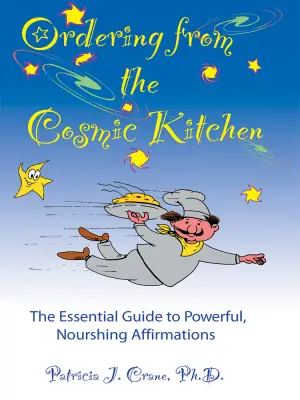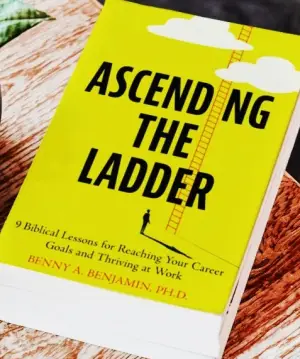Unraveling Secrets in the Dust: A Review of Harmattan Season
There’s something inherently captivating about the intersection of mystery, cultural depth, and personal struggle, and that combination is what drew me to Harmattan Season by the talented author Cherifa N. Kacimi. As a book blogger, I often look for stories that challenge me emotionally and intellectually, and this novel, steeped in the metaphorical and literal dust of its West African setting, delivered on both counts.
At the heart of the story is Boubacar, a down-on-his-luck private detective who embodies a certain resilience amid despair. His life has become a canvas of unfortunate circumstances, where curse and coincidence seem to conspire against him. When a bleeding young woman knocks on his door, her desperate plea ignites a series of events that expose not just the mystery of her untimely death but also the political corruption gnawing at the roots of society.
What struck me most was how the book cleverly uses the Harmattan, a dry wind that blows from the Sahara and coats everything in fine dust, as a metaphor for both the physical and emotional layers that Boubacar must peel away. The narrative’s pace, echoing the gritty tone of hardboiled detective fiction, kept me on my toes as Boubacar relentlessly digs deeper into a case that offers more questions than answers. As he confronts his own complicity in a web of cover-ups, I found myself reflecting on the complex interplay between personal accountability and societal legacy.
Kacimi’s writing style is both lyrical and raw; her choice of words resonates as deeply as the thoughts they coalesce into. The nuances in dialogue and character development gave life to each encounter Boubacar has, making me feel as though I was traversing the dusty streets with him, witnessing the blending of hope and helplessness. Lines that paint a vivid picture of the moral ambiguities faced by the characters had me nodding along in recognition. Boubacar’s wry, often self-deprecating humor provided moments of levity amid the grim realities he faces, offering a reminder that, even in moments of despair, there is room for humanity.
One aspect I found particularly intriguing were the cultural references that peppered the text. However, a slight frustration emerged as I grappled with translations for certain phrases and expressions that evaded my understanding. It felt like I was missing out on deeper layers of the narrative, which was perhaps magnified by reading an arc version. Nonetheless, even through these challenges, the story’s core resonated strongly with me.
If you’re a fan of narratives that weave together elements of mystery, social commentary, and personal redemption, Harmattan Season should be on your reading list. Resonant with themes akin to those explored by authors like Nnedi Okorafor and P. Djeli Clark, this novel invites not just reading but reflection—on history, on our present, and on the freedom to confront our pasts. For me, this was more than just a book; it was an experience that left lingering questions and a thirst for understanding the complexities of humanity.
In the end, I closed the book with a mix of satisfaction and contemplation, already eager to explore the discussions it might inspire among fellow readers. Harmattan Season is a hauntingly beautiful read that beckons us to engage with the dust of history and the raw bones of our existence.






